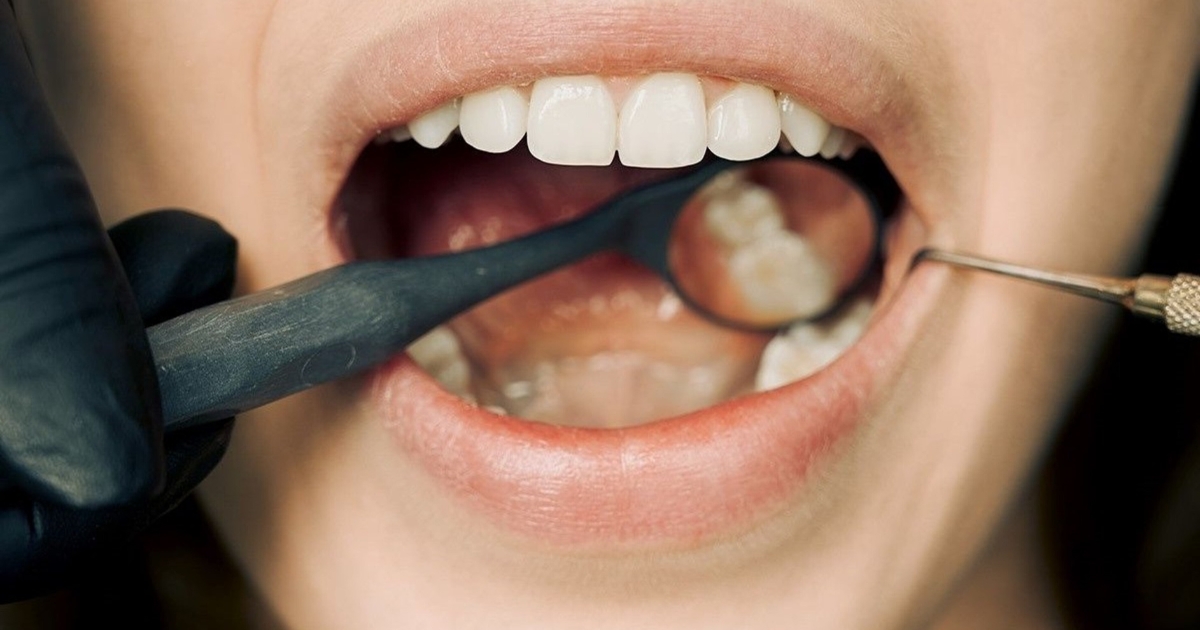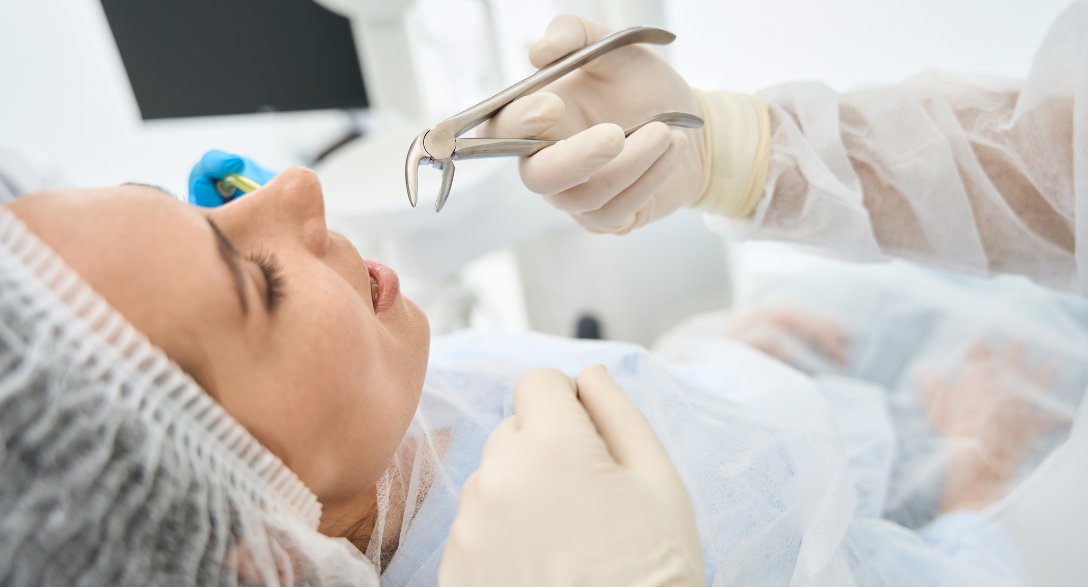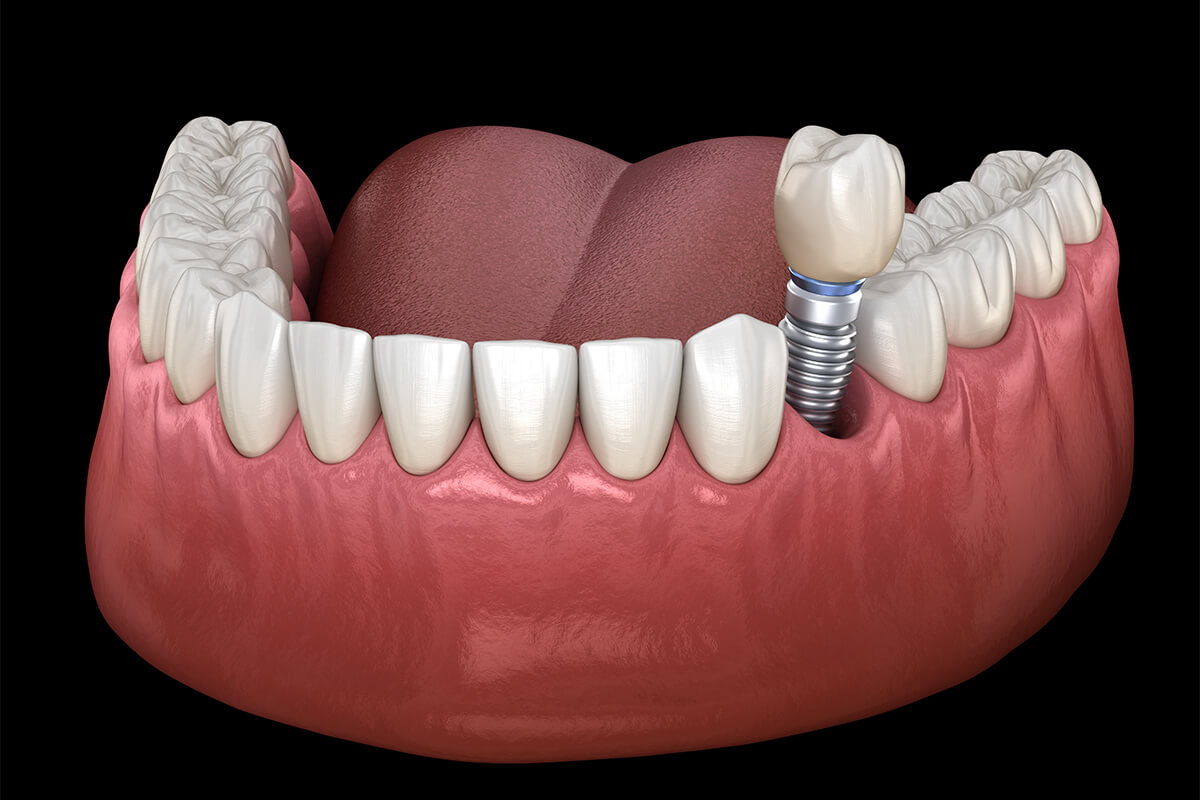Call Us Today 817-737-7668

Are you getting an ache in the jaw? Do you have any idea what it is? Impacted wisdom teeth may be the cause.
According to dental professionals, these teeth are drama queens. They hide, curve, and develop in unusual directions. Unlike your other molars, impacted wisdom teeth arrive late and are sometimes unwanted.
Dentists consider them troublemakers, and rightly so. Impacted wisdom teeth have the ability to lead to pain, swelling, and infection if you do not treat them. Curiously, some individuals never notice anything until serious issues break out later.
One thing is clear. If you forget about wisdom tooth pain, it can cause severe dental harm.
The harm isn’t local. It can spread to your whole mouth structure.
The worst part is that the impacted wisdom teeth can quietly damage adjacent teeth and nerves. You must know the risks and recognize the signs early. It is the best dental decision you can make.
What Are Wisdom Teeth?
Wisdom teeth are the third molars, evolution’s solution to our ancestors’ strict diets. They aided in chewing raw meat, roots, and vegetables—before the invention of knives and forks. We no longer require them.
However, they continue to erupt between the ages of 17 and 25. Wisdom teeth are the last to emerge and the least useful molars. They are more likely to overcrowd the jaw or get stuck behind the gums.
This renders impacted wisdom teeth more prevalent than ever in today’s mouths. Some people never develop wisdom teeth—a genetic twist of fate.
Dentists track their growth early, which helps prevent potential dental chaos. If you’re in your late teens or early twenties, now is the time to watch. This is because ignoring wisdom tooth pain can lead to serious dental damage.
What Does It Mean When a Wisdom Tooth Is Impacted?
An impacted tooth does not entirely erupt into the mouth because it is blocked or misaligned.
Impacted wisdom teeth are stuck under the gums or bone. As a result, they cause pain and infection.
There are three primary types: soft tissue, partial bony, and complete bony impactions. Soft tissue impaction occurs when the tooth penetrates the gum but cannot ultimately come out.
Partial bony impaction occurs when some of the tooth is still lodged in the jawbone. The complete bony is the worst—entirely covered in bone.
Impacted wisdom teeth have the potential to push against neighboring teeth. In addition, they can reposition your bite. They do not sit passively. Moreover, they disturb your entire oral environment.
Images of types of impactions help dentists describe treatment plans more efficiently. Once more, neglecting wisdom tooth pain can result in severe dental trauma.
Common Symptoms of Impacted Wisdom Teeth
Impacted wisdom teeth are more likely to make their presence known with piercing or aching jaw pain. Swollen gums are also a telltale sign, occasionally accompanied by redness and bleeding. Moreover, stiffness of the jaw or a nagging tension headache that won’t go away may occur.
Impacted wisdom teeth can cause the misalignment of other teeth as they push against them. A bad taste or chronic bad breath can indicate infected bacteria trapped near the tooth. Opening your mouth wide may hurt or be restricted by swelling. In addition, chewing on a single side may be less painful for a while.
It is to be stated that impacted wisdom tooth infection and inflammation can spread rapidly without treatment. The pain may come and go. It will mislead you into believing it is not a concern. Ignoring the pain in your wisdom tooth, though, may result in significant dental damage before you know it.
Early diagnosis avoids long-term pain and costly surgeries down the road. You must listen to your body—those symptoms are your warning signs.
Causes of Wisdom Tooth Impaction
The primary cause of impaction is merely a lack of room in the jaw. Modern human jaws are smaller. However, wisdom teeth still attempt to fit in. They grow sideways, backwards, or remain buried altogether when there’s no room.
Impacted wisdom teeth may also be caused by the direction in which they erupt. A twisted or angled path for eruption significantly prevents healthy growth. They tend to press against neighboring teeth, cause more pain, and move your dental framework.
Genetics has much to do with it. If your parents struggled, you probably will. Some people are fortunate enough never to grow wisdom teeth at all.
Nevertheless, if they do erupt, impacted wisdom teeth tend to occur than normal eruptions. Keep in mind that neglecting wisdom tooth pain can lead to severe dental damage you can’t undo with ease. Getting to your dentist early can save your smile—literally.
Treatment Options
Not all impacted wisdom teeth require immediate extraction—some can be followed over time. If they’re painless and not affecting other teeth, your dentist might suggest observation. Yet, most affected wisdom teeth will eventually need to be removed to avoid complications.
Generally, dentists conduct surgical removal under local or general anesthetic. They cut a small incision and extract the tooth. Once done, they sew the gum back together.
Recovery typically takes a few days, with swelling and discomfort gradually decreasing. Adequate aftercare—ice packs, soft foods, and rest—can significantly ease recovery. Medications can also ease pain and prevent infection as the body heals.
Other options, such as coronectomy (partial removal), might be explored for patients with medical issues. Always balance risks versus benefits with your dentist. Remember, nearly ignoring the pain of wisdom teeth can cause long-term major damage to teeth.
Prompt treatment provides relief and guards against future oral issues. Impacted wisdom teeth may quietly become culprits, soon becoming significant oral hazards.
Don’t let symptoms worsen. Preemptive care is your best protection. If you’re in your late teens or early twenties, receive a dental assessment from us.
Get answers, remain educated, and don’t disregard pain or swelling. With impacted wisdom teeth, early action means less worry. Prioritize your oral health now to avoid more significant problems later. One small visit today can prevent months of discomfort. Take charge—your smile will thank you.





